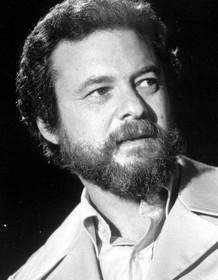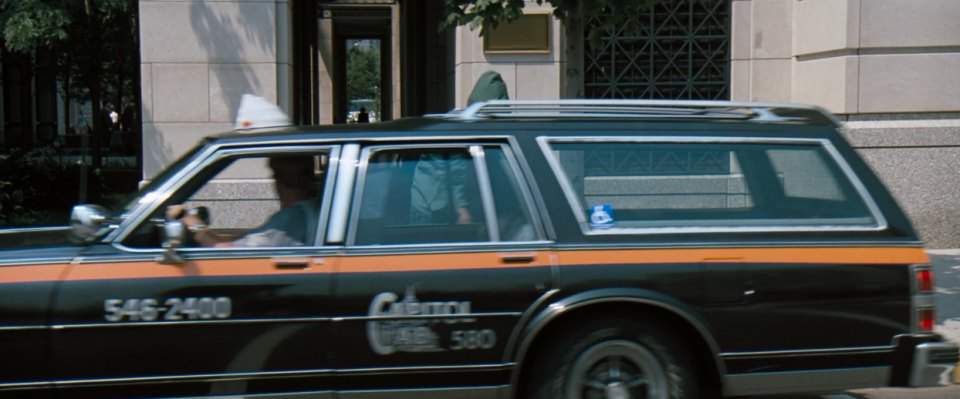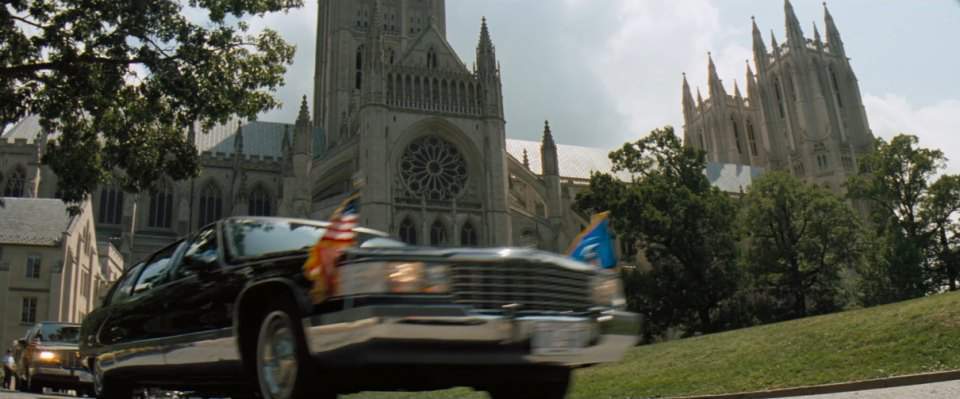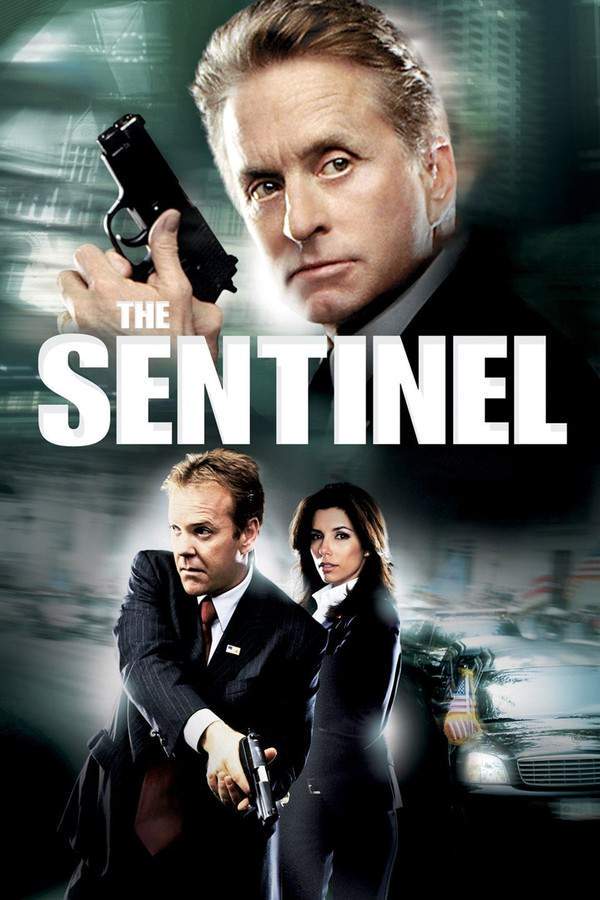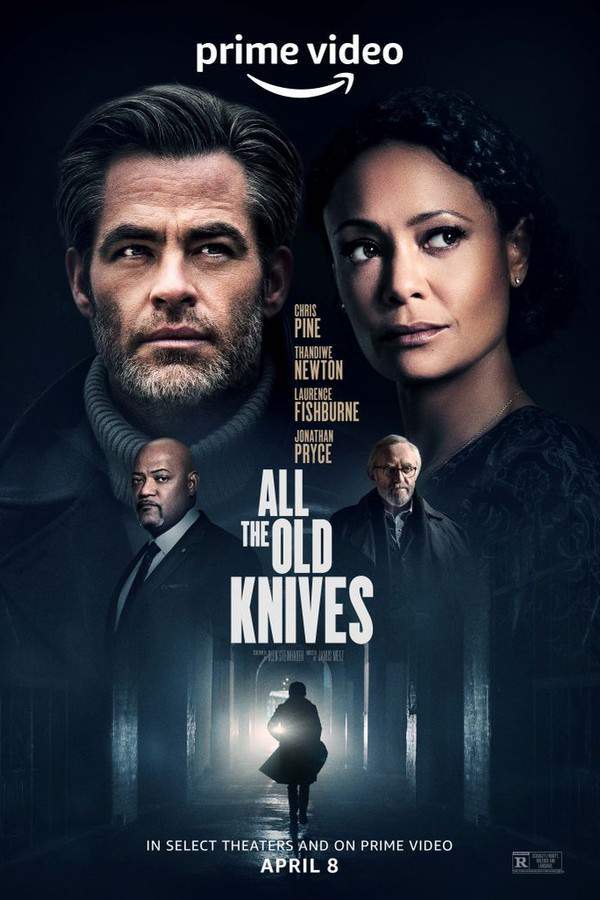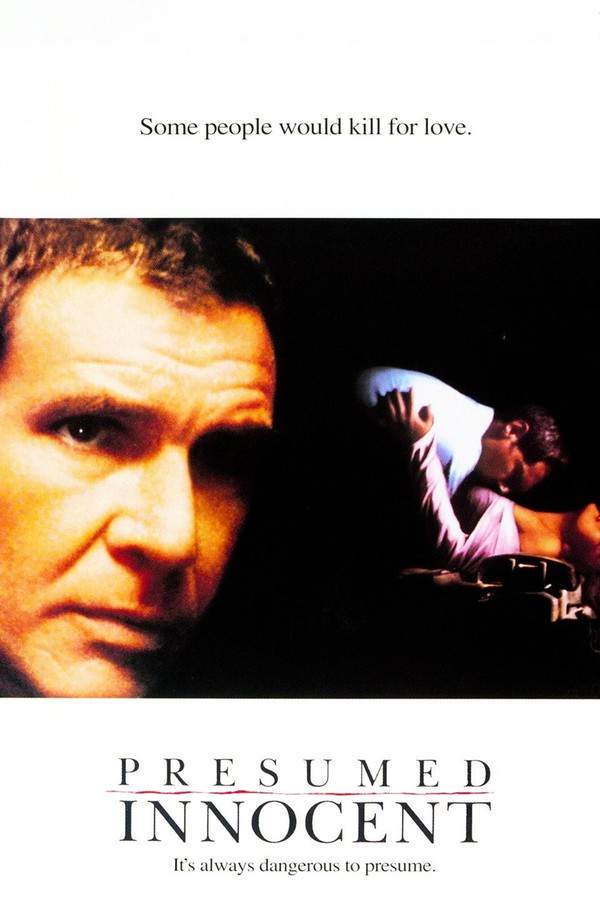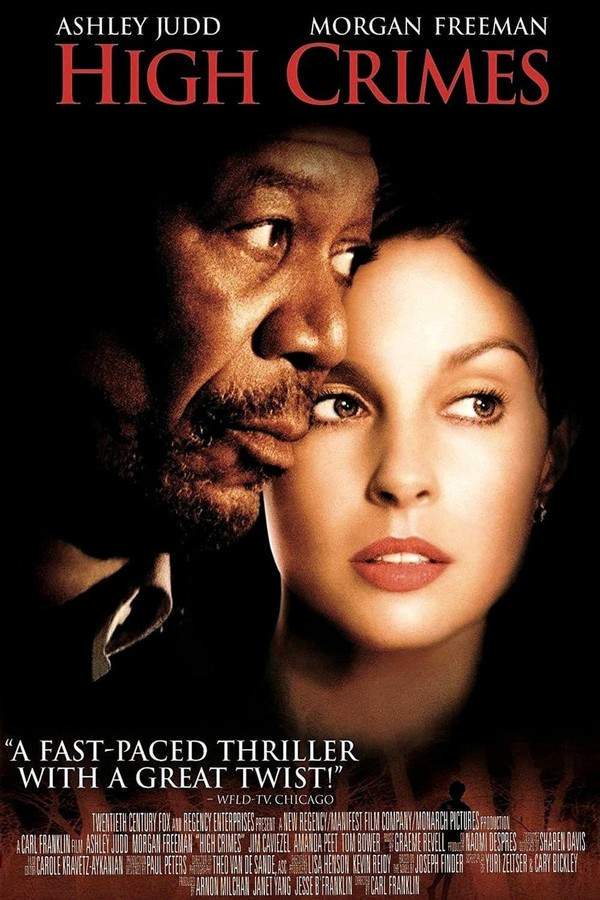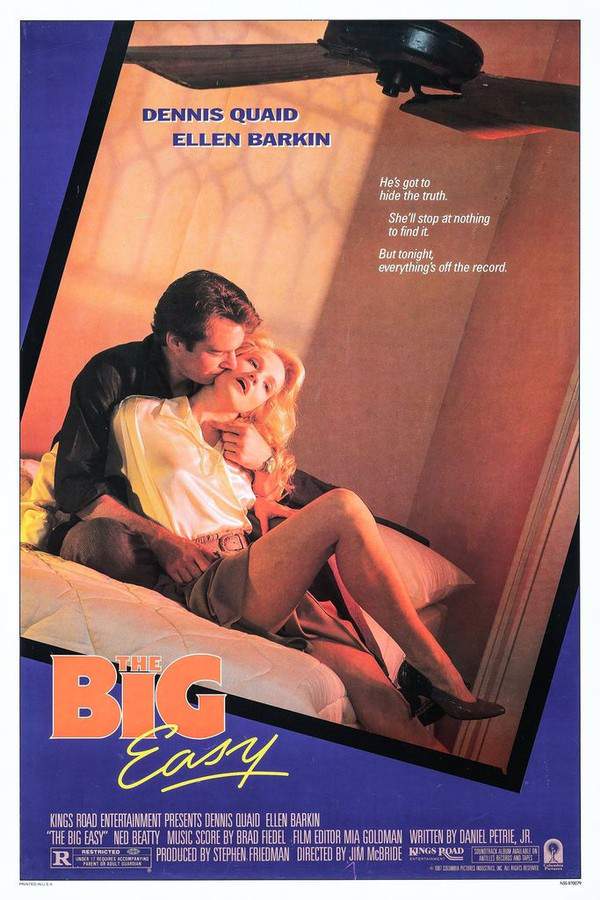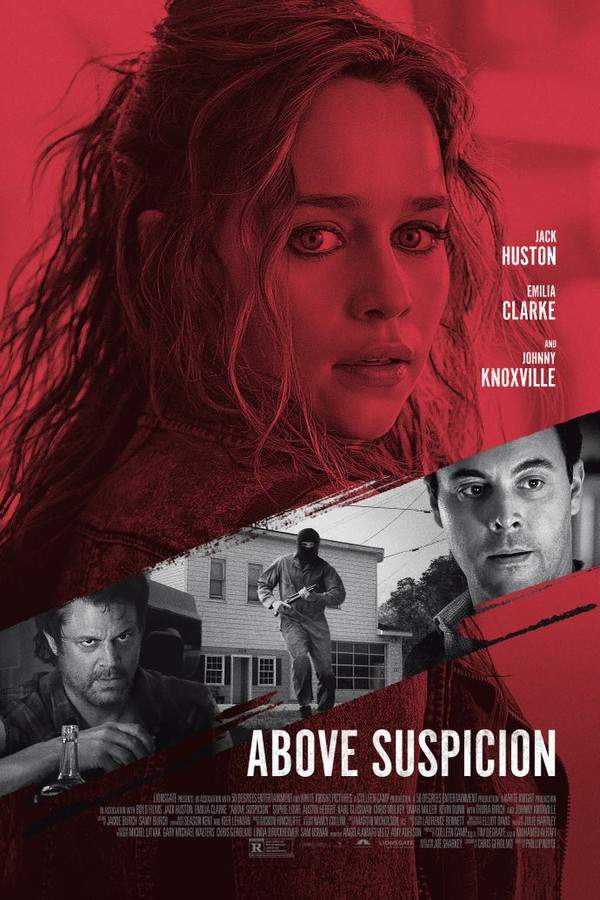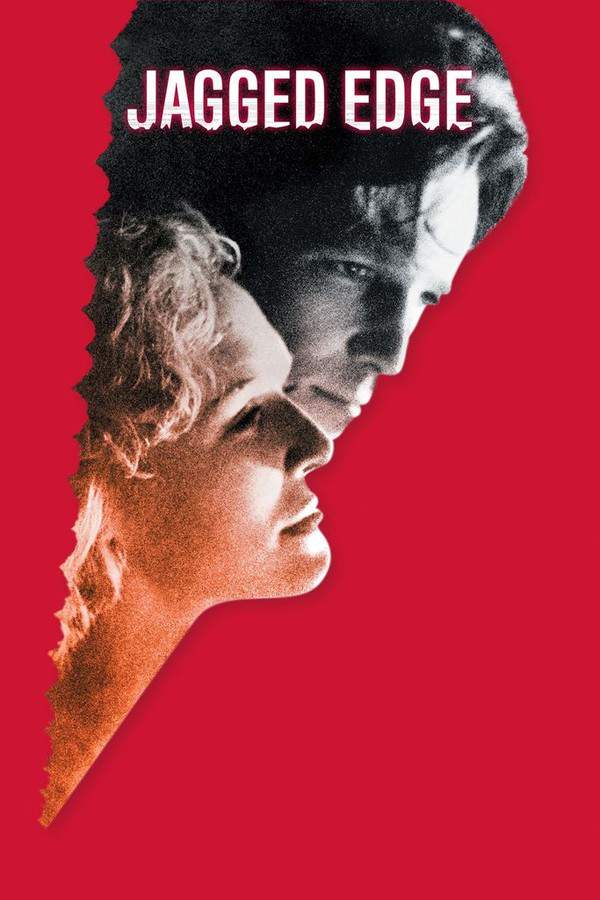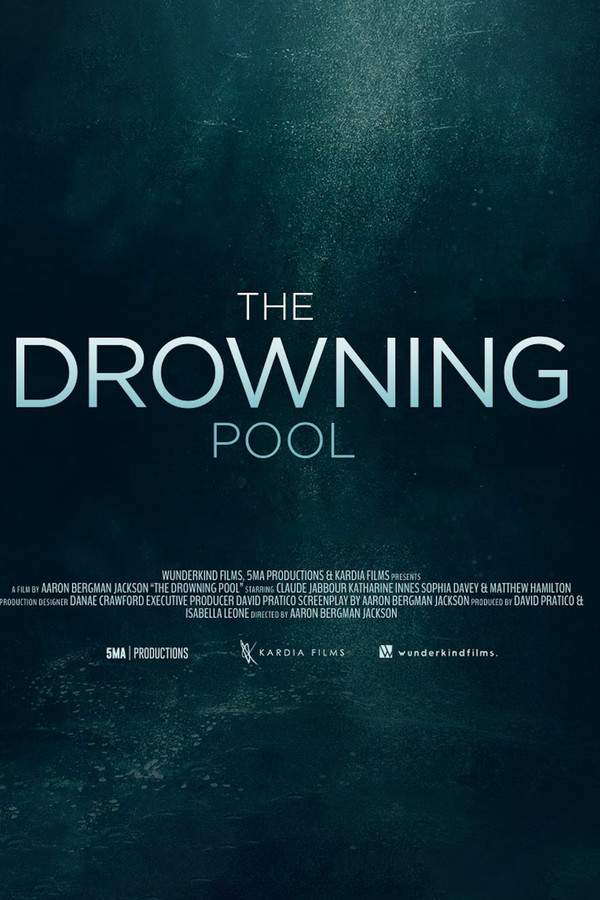The Pelican Brief 1993
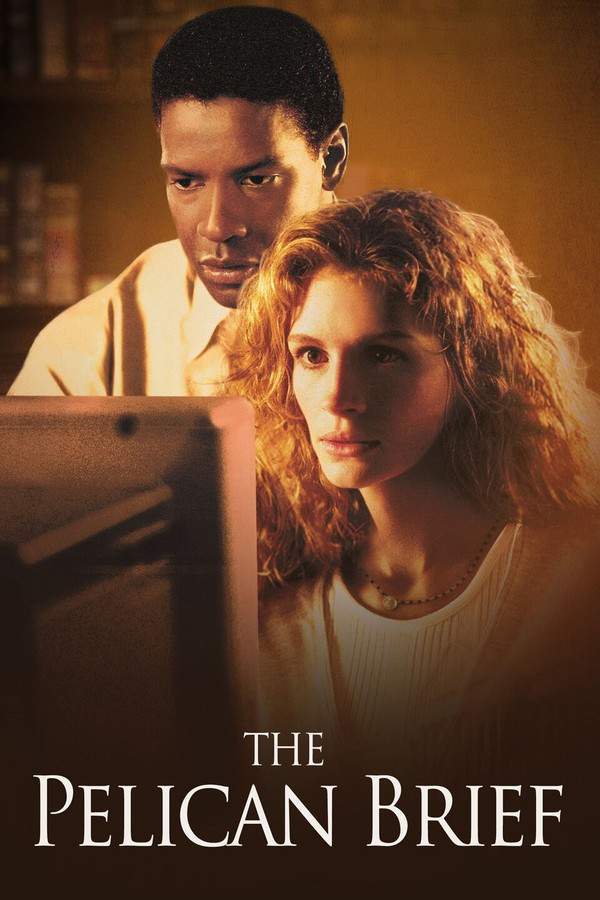
While researching Supreme Court assassinations, law student Darby Freeman unknowingly uncovers a dangerous secret. When her mentor is murdered, she realizes she’s become a target and flees for her life. In New Orleans, she finds an unexpected ally in a journalist, and together they work to expose a vast conspiracy and corruption that implicates powerful figures within the government, all while trying to stay one step ahead of the relentless killers pursuing them.
Does The Pelican Brief have end credit scenes?
No!
The Pelican Brief does not have end credit scenes. You can leave when the credits roll.
Meet the Full Cast and Actors of The Pelican Brief
Explore the complete cast of The Pelican Brief, including both lead and supporting actors. Learn who plays each character, discover their past roles and achievements, and find out what makes this ensemble cast stand out in the world of film and television.
External Links and Streaming Options
Discover where to watch The Pelican Brief online, including streaming platforms, rental options, and official sources. Compare reviews, ratings, and in-depth movie information across sites like IMDb, TMDb, Wikipedia or Rotten Tomatoes.
Ratings and Reviews for The Pelican Brief
See how The Pelican Brief is rated across major platforms like IMDb, Metacritic, and TMDb. Compare audience scores and critic reviews to understand where The Pelican Brief stands among top-rated movies in its genre.

51
Metascore
6.6
User Score


%
TOMATOMETER

0%
User Score

66
%
User Score
Take the Ultimate The Pelican Brief Movie Quiz
Challenge your knowledge of The Pelican Brief with this fun and interactive movie quiz. Test yourself on key plot points, iconic characters, hidden details, and memorable moments to see how well you really know the film.
The Pelican Brief Quiz: Test your knowledge on the thrilling legal drama of 'The Pelican Brief'!
Who is the main character that writes the legal brief?
Darby Shaw
Thomas Callahan
Gray Grantham
Victor Mattiece
Show hint
Full Plot Summary and Ending Explained for The Pelican Brief
Read the complete plot summary of The Pelican Brief, including all major events, twists, and the full ending explained in detail. Explore key characters, themes, hidden meanings, and everything you need to understand the story from beginning to end.
As Khamel’s lethal attack eliminates Supreme Court Justices Jensen and Rosenberg, Tulane University law student Darby Shaw finds herself compelled to create a detailed legal brief investigating the motives behind these shocking assassinations. Her professor and lover, Thomas Callahan, a former clerk for Justice Rosenberg, carefully reviews her brief and subsequently shares it with Gavin Verheek, an esteemed special counsel to the director of the FBI. Tragically, Darby’s world is turned upside down when Callahan is killed in a devastating car explosion, leaving her shaken but miraculously unharmed. Convinced that her theory is rooted in truth, she decides to go into hiding and reaches out to Verheek for assistance.
Simultaneously, a mysterious informant known as Garcia confides in Washington Herald reporter Gray Grantham about the killings, only to vanish without a trace shortly after. Seeking answers, Darby contacts Grantham, expressing her anxiety over the disappearance of vital personal files, disks, and a computer from her residence. As she navigates an increasingly perilous environment, Darby finds herself targeted at her hotel hideout but manages to escape unscathed.
As tension escalates, Verheek’s unforeseen demise drives Darby to initiate a meeting with a supposed representative of him. However, the deadly Khamel has other ideas; he poses as Verheek in an attempt to eliminate Darby in the busy public square. Fortunately, fate intervenes as a mysterious shooter takes down Khamel, thwarting his nefarious intentions.
In the aftermath of this chaos, Darby meets Grantham in New York City and unveils the astonishing truth she has uncovered: that oil magnate Victor Mattiece stands to gain immensely from the murders of Justices Jensen and Rosenberg. Darby believes that Mattiece aimed to influence a Supreme Court decision concerning Louisiana marshland that harbors an endangered sub-species of brown pelicans, thus seeking drilling rights for his corporation. As the critical court appeal looms, Darby theorizes that Mattiece orchestrated the assassinations to manipulate the justices’ decisions in his favor. The oil tycoon has made significant donations to the president and anticipates future favors from an appointed judiciary, revealing his desire to capitalize on environmental issues for personal profit.
Together, Grantham and the enigmatic informant, Garcia—whose true identity is Curtis Morgan, a powerful lawyer in Washington D.C.’s oil and gas division—delve deeper into the intricate web of deceit that surrounds the incriminating documents. Just when they believe they can make sense of it all, tragedy strikes again as they learn that Morgan has been mercilessly murdered during a mugging. Heartbroken, Darby and Grantham pay a somber visit to Morgan’s widow to uncover any potential connections between her husband’s untimely death and the explosive information he held.
While cautiously retrieving the awaited contents from Morgan’s safe deposit box, they experience a harrowing escape from a deadly car bomb and hastily make their way to the Washington Herald to analyze the crucial documents and tapes. The damning evidence corroborates Darby’s theory that Mattiece was indeed behind the assassinations of the justices. With this breakthrough, Grantham sets to work on his consequential exposé. In a pivotal turn of events, FBI Director Voyles confirms the delivery of Darby’s “Pelican Brief” to the White House, revealing the president’s explicit directive to the FBI to withdraw, alongside the CIA’s ongoing investigation into Mattiece’s dubious dealings.
Taking her concerns seriously, the FBI places Darby under their protection, swiftly transporting her to a secure location within the Federal Witness Protection Program. Watching Grantham’s televised interview brings her both excitement and relief, as justice appears to be unfolding; Mattiece, his loyal aides, and attorneys have been indicted, while the president’s chief of staff, Fletcher Coal, resigns in disgrace. As the president’s re-election campaign struggles amidst $4.2 million in contributions from Mattiece, Grantham skillfully deflects any inquiries regarding Darby’s true identity. His playful remark suggests that she is “almost” too remarkable to be true, drawing a warm smile from the brave journalist.
Uncover the Details: Timeline, Characters, Themes, and Beyond!

Coming soon on iOS and Android
The Plot Explained Mobile App
From blockbusters to hidden gems — dive into movie stories anytime, anywhere. Save your favorites, discover plots faster, and never miss a twist again.
Sign up to be the first to know when we launch. Your email stays private — always.
Watch Trailers, Clips & Behind-the-Scenes for The Pelican Brief
Watch official trailers, exclusive clips, cast interviews, and behind-the-scenes footage from The Pelican Brief. Dive deeper into the making of the film, its standout moments, and key production insights.
Cars Featured in The Pelican Brief
Explore all cars featured in The Pelican Brief, including their makes, models, scenes they appear in, and their significance to the plot. A must-read for car enthusiasts and movie buffs alike.
The Pelican Brief Themes and Keywords
Discover the central themes, ideas, and keywords that define the movie’s story, tone, and message. Analyze the film’s deeper meanings, genre influences, and recurring concepts.
The Pelican Brief Other Names and Titles
Explore the various alternative titles, translations, and other names used for The Pelican Brief across different regions and languages. Understand how the film is marketed and recognized worldwide.
Similar Movies To The Pelican Brief You Should Know About
Browse a curated list of movies similar in genre, tone, characters, or story structure. Discover new titles like the one you're watching, perfect for fans of related plots, vibes, or cinematic styles.
Quick Links: Summary, Cast, Ratings, More

What's After the Movie?
Not sure whether to stay after the credits? Find out!
Explore Our Movie Platform
New Movie Releases (2025)
Famous Movie Actors
Top Film Production Studios
Movie Plot Summaries & Endings
Major Movie Awards & Winners
Best Concert Films & Music Documentaries
Movie Collections and Curated Lists
© 2025 What's After the Movie. All rights reserved.



